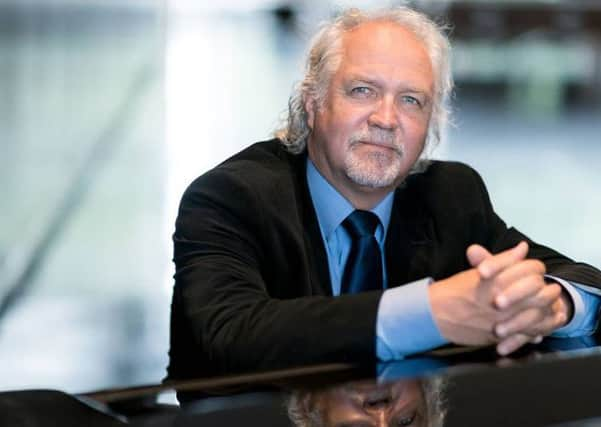Music review: BBC SSO and Donald Runnicles, City Halls, Glasgow


BBC SSO & Donald Runnicles, City Halls, Glasgow *****
And Runnicles offered fascinating accounts of both works by the Japanese composer – strongly defined, intensely focused and briskly paced, a world away from the pastel-tinged sonic indulgence the composer often elicits. There was a certain coolness to the statuesque harmonies in A flock descends into the pentagonal garden, perhaps, but Runnicles’s Requiem was gutsy and deeply involving.
The main event, inevitably, was Mahler’s massive symphony of songs, and here Runnicles was in his element. From the brash swagger of the opening “Das Trinklied vom Jammer der Erde” – so thrusting and vibrant that the orchestra virtually submerged tenor Paul Groves, strong though he was – it was fearsomely intense and achingly tender by turns, delivered with a sure sense of the work’s grand architecture and with bracing commitment from the SSO players, on exceptional form.
Advertisement
Hide AdAdvertisement
Hide AdMezzo-soprano Kelley O’Connor was wan and sensitive in “Der Einsame im Herbst,” and her closing “Der Abschied” was simply breathtaking, and mesmerising in its intensity. It showcased not only O’Connor’s remarkable richness and darkness of tone, but also her sheer range and suppleness of expression.
Runnicles let all the alienating strangeness of Mahler’s invention make its rightful impact, and delivered a closing farewell of unbearable sadness, restraint and even transcendence. A performance to treasure.
DAVID KETTLE